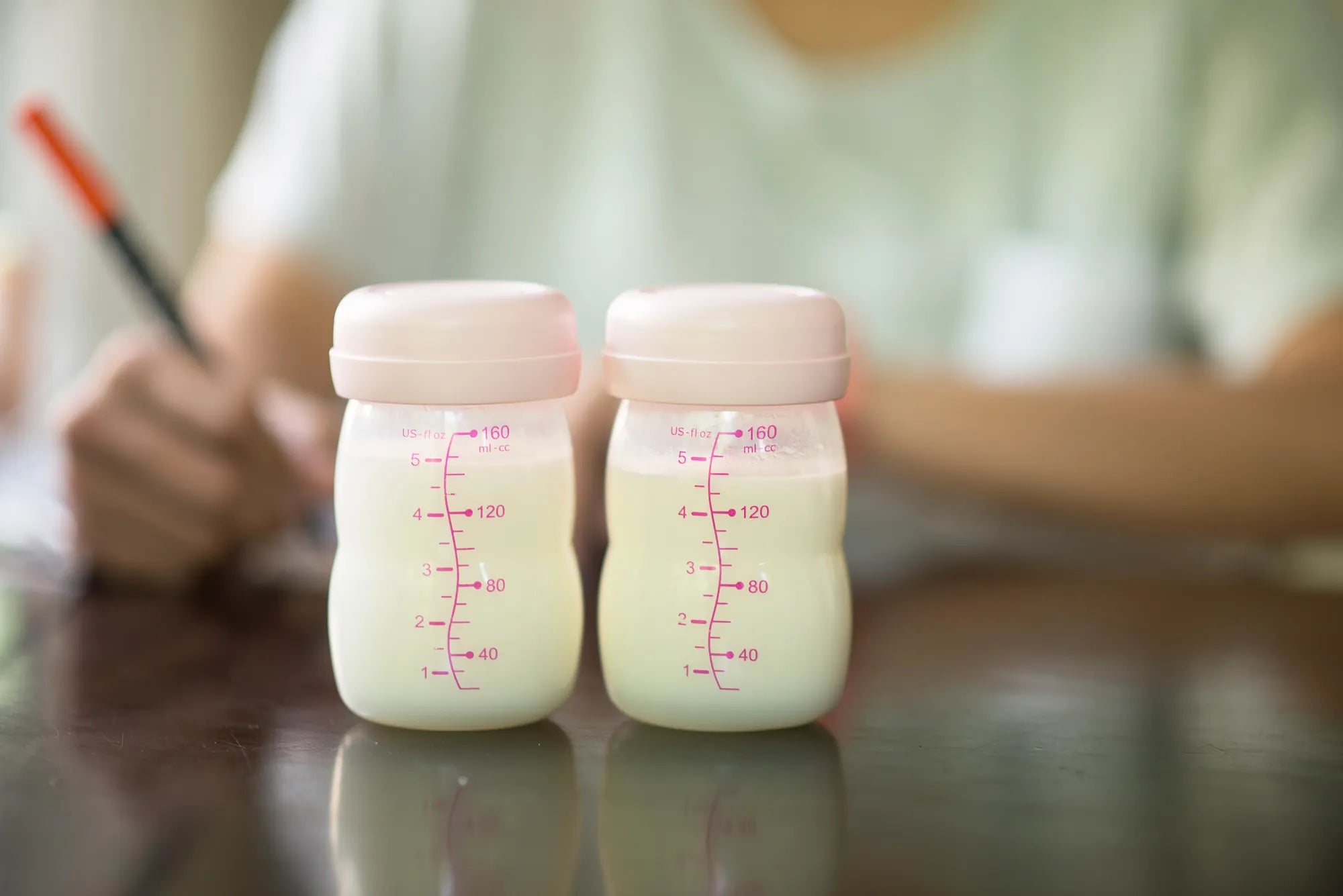Inicio
Pregnancy, Breastfeeding, and Pumping: The Ultimate Guide for Moms
Why Am I Pumping Less Breast Milk: Causes and Solutions

Why Am I Pumping Less Breast Milk: Causes and Solutions
Breastfeeding is a deeply personal and often challenging journey for many mothers. One of the most common concerns that arise is a sudden decrease in breast milk supply while pumping. If you've found yourself asking, 'Why am I pumping less breast milk?' you're not alone. This article delves into the potential causes and offers practical solutions to help you navigate this issue with confidence.
Understanding the Basics of Breast Milk Production
Before diving into the reasons behind decreased milk supply, it's essential to understand how breast milk production works. Breast milk is produced based on supply and demand. The more frequently milk is removed from the breasts, either through nursing or pumping, the more milk your body will produce. Conversely, if milk is not removed regularly, your body may signal a decrease in production.
Common Reasons for Pumping Less Breast Milk
Several factors can contribute to a decrease in breast milk supply while pumping. Identifying the root cause is the first step toward finding a solution.
1. Inconsistent Pumping Schedule
One of the most common reasons for pumping less breast milk is an inconsistent pumping schedule. If you're not pumping at regular intervals, your body may not receive the signal to produce more milk. Aim to pump at the same times each day to maintain a steady supply.
2. Stress and Fatigue
Stress and fatigue can significantly impact milk production. High levels of stress hormones like cortisol can interfere with the hormones responsible for milk production. Ensuring you get adequate rest and finding ways to manage stress can help improve your milk supply.
3. Dehydration
Breast milk is composed mostly of water, so staying hydrated is crucial. Dehydration can lead to a decrease in milk supply. Make sure to drink plenty of fluids throughout the day, especially water.
4. Poor Pumping Technique
Using the wrong pumping technique or equipment that doesn't fit properly can result in less milk being expressed. Ensure that you're using the correct flange size and that your pump is functioning correctly. Proper positioning and relaxation during pumping can also make a difference.
5. Hormonal Changes
Hormonal fluctuations, such as those caused by menstruation, pregnancy, or certain medications, can affect milk supply. If you suspect hormonal changes are the cause, consult with a healthcare provider for guidance.
6. Illness or Infection
Illnesses, particularly those that cause fever or dehydration, can temporarily reduce milk supply. Mastitis, a breast infection, can also lead to decreased milk production. If you're unwell, focus on recovery and consult a healthcare professional if necessary.
Strategies to Increase Breast Milk Supply While Pumping
If you're pumping less breast milk than usual, there are several strategies you can try to boost your supply.
1. Increase Pumping Frequency
Pumping more frequently can signal your body to produce more milk. Aim to pump every 2-3 hours, even if you're not getting much milk initially. Over time, your supply may increase.
2. Practice Hands-On Pumping
Hands-on pumping involves using your hands to massage and compress your breasts while pumping. This technique can help remove more milk and stimulate greater production.
3. Ensure Proper Nutrition
Eating a balanced diet rich in nutrients can support milk production. Focus on consuming foods that are known to boost lactation, such as oats, fenugreek, and leafy greens.
4. Stay Hydrated
As mentioned earlier, hydration is key. Drink water throughout the day and consider keeping a water bottle nearby while pumping to remind yourself to stay hydrated.
5. Get Adequate Rest
Rest is essential for overall health and milk production. Try to nap when your baby naps and prioritize sleep whenever possible.
6. Seek Support
Don't hesitate to seek support from lactation consultants, support groups, or healthcare providers. They can offer personalized advice and encouragement to help you through this challenging time.
When to Seek Professional Help
While many cases of decreased milk supply can be addressed with lifestyle changes and proper pumping techniques, there are times when professional help is necessary. If you've tried various strategies and still aren't seeing an improvement, or if you're experiencing pain, fever, or other concerning symptoms, consult a healthcare provider. They can help identify any underlying issues and provide appropriate treatment.
Breastfeeding and pumping can be a rewarding yet demanding experience. If you're wondering, 'Why am I pumping less breast milk?' know that there are many potential causes and solutions. By understanding the factors that influence milk production and implementing effective strategies, you can work toward maintaining or increasing your milk supply. Remember, you're not alone in this journey, and seeking support can make all the difference. Keep going—you're doing an amazing job!
Compartir

